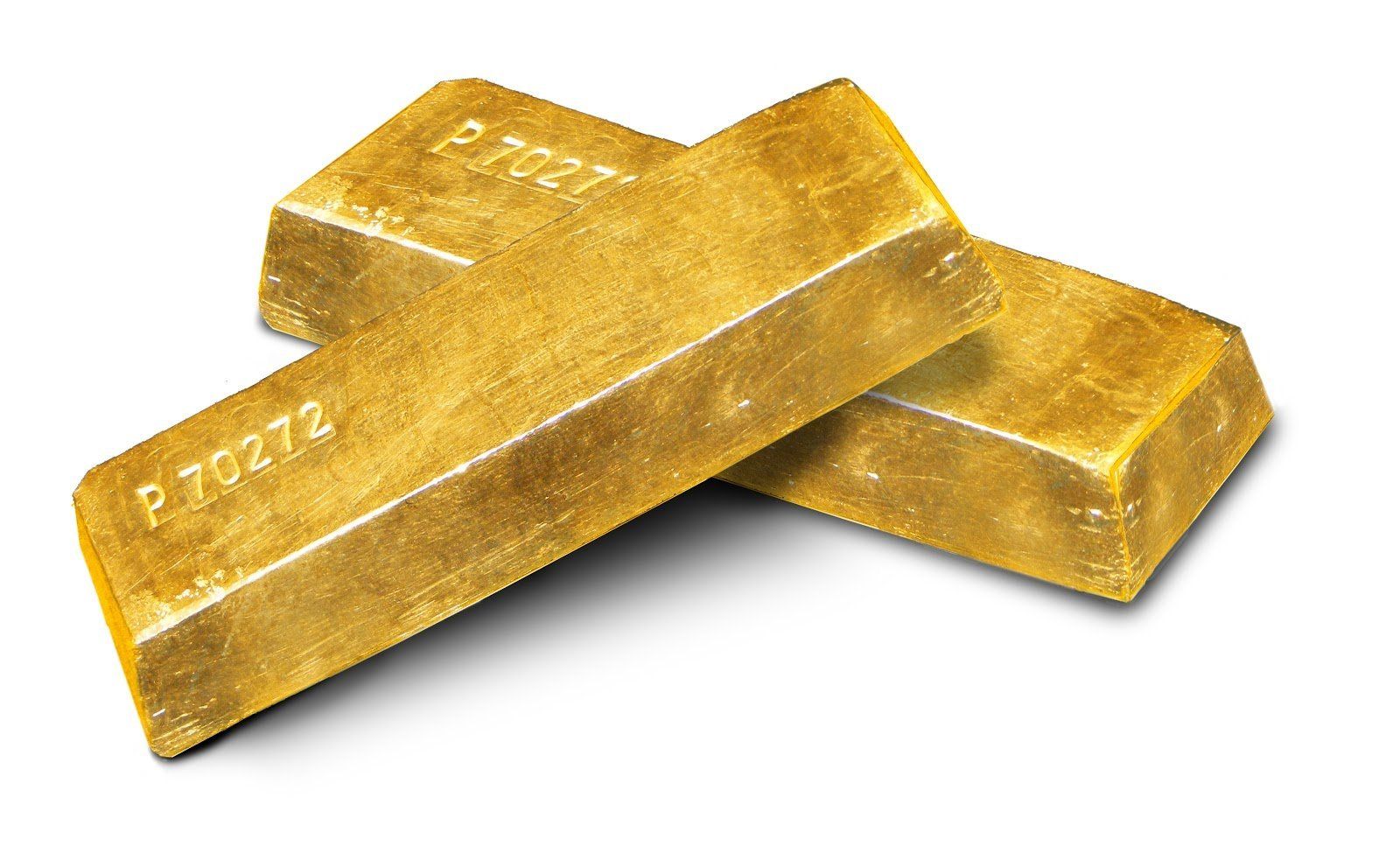In many respects, value is only a projection of sentiment. This means that money is a more fragile concept than most people realize, and signs indicate that we may be on the cusp of a complete reset of the financial systems that have existed for just shy of 100 years.
We’ve entered the worst economic crash of our lifetime and its effects on money will go beyond the inflation we are beginning to see in both the UK and US. Record-breaking national debt is eroding vital confidence in traditional currencies. The questions is: how can people avoid being caught on the wrong side of what’s to come?
We often look back at the past astonished at what was once normal. Sometimes though, history provides valuable lessons, and ideas from the past can be applied to today’s world with great effect. The use of precious metals in monetary systems is one such example.
Instability: what does it mean for money?
It’s difficult to say when the world was last shrouded is such uncertainty. And by all accounts, it’s going to get worse before it gets better. Indeed, the insidious impacts bubbling under the surface have yet to fully reveal themselves. People are understandably cautious of traditional markets – the worry being savings will go up in smoke as the economic repercussions knock financial markets.
The primary concern though is debt. Financial institutions are certainly keeping a cautious eye on non-performing loans, which were double year-on-year in February and are likely to increase as government support is withdrawn. For now, banks are well-capitalized, but should they have to tighten their belts, the resulting credit crunch would resemble the financial crisis of 2008.
However, whereas we bailed out banks in 2008, now entire economies need support. Governments have borrowed record amounts to both manage the health crisis and to prop up businesses. In the UK, the Government borrowed £303 billion in 2020/21, which is a peacetime record and a figure that continues to rise. By pumping an excessive supply of cash and credit into economies, central banks undermine the purchasing power of their currencies.
On a more fundamental level, fiat currencies depend on trust. Currencies are tied to people’s faith in the government’s ability to manage the economy and pay its debts. If a government’s debt spirals out of control, it loses its credibility as guarantor and people lose faith in the currency. Ultimately, without trust in the state that issues it, a currency has no value.
When this trust falls beyond a certain threshold, the currency collapses and it goes into hyperinflation: a monetary crisis. The world has experienced numerous monetary crises before; most recently these have been confined to emerging markets such as Venezuela or Zimbabwe.
That is not to say COVID-19 has kicked off an international lottery for which currency will collapse. Mature economies like the UK are much better placed to manage a monetary crisis. And with many of the larger economies experiencing similar spiralling debt levels, the collapse of one against the others is unlikely. Usually, as a currency collapses, we know because it falls against others.
Any impending crisis does not apply to one currency, but to the entire debt-based system. The evidence of which we can see in the emergence of plausible alternatives, suggesting the future of fiat may be limited.
Remonetization of gold
A few frontrunners are gaining traction already. As people lose faith in currencies, they flock to mediums of exchange that are independent from any central bank and therefore from the pitfalls of national debt.
It’s no coincidence that cryptocurrencies like Bitcoin are having their all-time highs when we experience this uncertainty with governments. Even though Bitcoin is famously volatile, people are increasingly seeing it as a trustworthy alternative central currency.
Governments are combatting cryptocurrencies by exploring their own equivalents, known as central bank digital currencies, but these are still tied to central banks and are simply another form of fiat money. Whether it’s Bitcoin or something similar, cryptocurrencies are still a long way off popular acceptance and remain desperately unstable.
Precious metals such as gold, on the other hand, are not. Not only is gold a favourite hedge against market turbulence because of its unwavering value, but when the value of currencies are thrown into question, people are drawn to tangible assets – often in the form of raw materials. The real-world applications of physical assets makes them more valuable.
Gold was core to monetary systems for millennia and a source of stability right up until the economic chaos that followed the Wall Street Crash of 1929. Winding the clock back, all paper banknotes could be exchanged for a fixed amount of gold, hence the name pounds. A system otherwise known as the gold standard.
Recognizing its benefits, the issuers of money may try to secure gold reserves to back their currencies and bring back some form of the gold standard. Gold ticks all the boxes for what economies need: it is universally valued, and the supply is steady, meaning interest and inflation will always be both low and stable.
Crucially though, now it is liquid too. Mistakenly, people assume gold would be impractical when in fact it could be used once again in transactions. Technology allows people to exchange real gold for goods and services, so why not use the real thing? It doesn’t have to be the case that the state owes it to you, you can just own it and use it as you please. That way, you are your own central bank.
Perhaps then, it’s time people began using precious metals as a store of value once again. Realistically, no one knows what lies ahead, but currencies could well be replaced by fairer and safer alternatives, and people should be aware of that. Everyone needs a stable store of value in these increasingly uncertain times, and gold can be that source of stability to protect themselves from the unknown turbulence to come.









